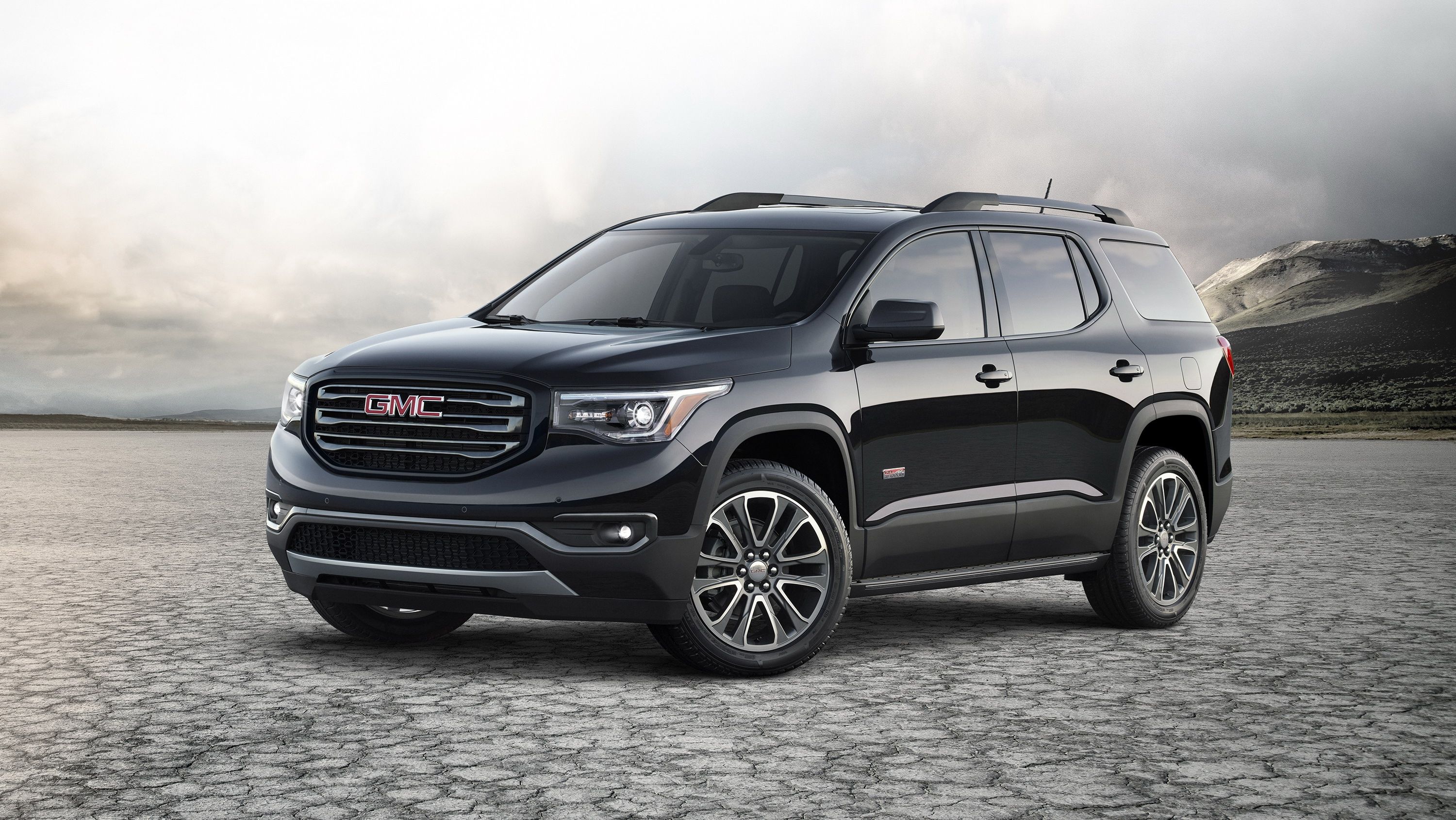Fuel economy woes apparently aren’t confined to VW->ke94 and Mitsubishi->ke58 as General Motors->ke1024 announced it mislabeled fuel economy labels on three of its popular three-row crossovers,->ke288 leading to a stop-sale, class action lawsuit, and customer reimbursements totaling more than $100 million.
It started in mid-May when GM announced a stop-sale of unsold 2016 GMC Acadia, Buick Enclave,->ke1275 and Chevrolet Traverse->ke2900 models due to “mislabeled” Monroney stickers showing the wrong city and highway fuel economy estimates from the Environmental Protection Agency. According to Automotive News, GM said the reimbursements will compensate roughly 135,000 customers “who may pay more for fuel than they expected after viewing the incorrect window label when they purchased or leased their vehicle.”
Customers with affected vehicles will receive an explanation letter, which details the two methods of reimbursement. Customers can choose between a prepaid debit card or can opt for extended warrant coverage. The monetary amount paid out is based on factors including the difference between the actual EPA ratings and the mislabeled window stickers. Average payouts will range between $450 to $900, with some customers receiving less while other will get up to $1,500. Those who choose the warranty coverage will receive an additional 48 months/60,000 miles on top of their 36-month/36,0000-mile standard warranty.
The erroneous fuel economy labels shows the Lambda vehicles achieving 16 mpg city and 23 mpg highway for AWD models and 17 mpg city and 24 mpg highway for those with FWD. The corrected EPA estimates are 15 mpg city and 22 mpg highway for both FWD and AWD models. The change comes after GM reportedly updated emissions control systems for the 2016 model year.
Additionally, between 30,000 to 35,000 Lambda crossovers were sold to fleet organizations like rental car agencies and other corporations. GM has yet to announce its plan to compensate those owners.
Continue reading for more information
Why It Matters
General Motors could find itself in a heap of trouble over this, as the EPA continues its investigation with possible fines to follow and as irritated customers file lawsuits. There is already a class action suit gaining members in Florida. While GM could lose significantly, it seems a huge sign of goodwill that the automaker has already rolled out an action plan less than a week after the issue arose. At least, this puts a damper on the class action lawsuit.
Nevertheless, issues like this are plaguing the auto industry these days, with automakers finding themselves on the EPA’s naughty list, while customers shy away from purchases. Hopefully automakers around the world will try harder to maintain honest business practices, or at least try harder at avoiding mistakes.

